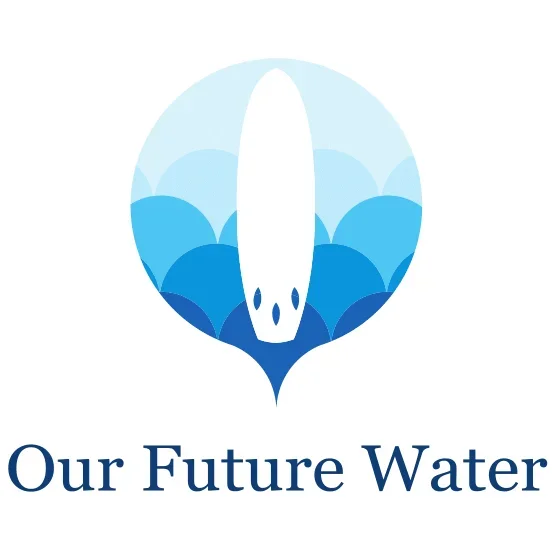
Our Future Water aims to ensure water security for today and future generations. This will be achieved by:
- Bridging communities
- Generating and disseminating knowledge
- Advocating for water education
Bridging communities of water specialists, points of view, and generations is essential for effective water management. Water is a vital resource that requires collaborative efforts from diverse stakeholders to ensure its sustainability for future generations. This can be achieved through the generation and dissemination of knowledge based on fact-based analysis.
Water specialists, including scientists, engineers, and policy-makers, are responsible for ensuring that water resources are managed sustainably. They must work collaboratively to share their expertise and experiences to develop innovative solutions to water challenges. Furthermore, different points of view on water issues, such as social, economic, and environmental perspectives, must be taken into account to ensure that water management strategies are equitable and sustainable.
It is also crucial to engage the next generation of water leaders. Water education at all levels, from primary schools to universities, is essential to build a community of water leaders who can see and solve water challenges from various vantage points. This can include practical experiences, such as fieldwork and internships, to develop hands-on skills that will prepare them for real-world challenges.
To achieve these objectives, it is crucial to adopt a fact-based approach to water management. This involves generating and disseminating knowledge through research, monitoring, and evaluation of water resources. Such data-driven insights can help identify challenges and opportunities, assess the effectiveness of water management strategies, and guide decision-making processes.
Furthermore, advocacy for water education at all levels is essential to build a community of water leaders who can see and solve water challenges from various vantage points. This includes engaging with policymakers, the private sector, and civil society to promote the importance of water education and advocate for its inclusion in national and regional development plans.
